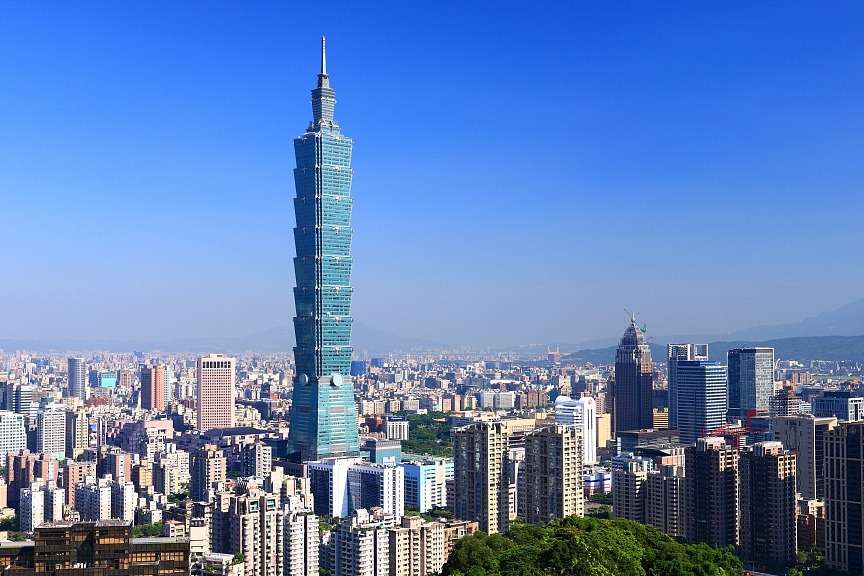US, EU steps against Chinese EVs defy rules


China's auto industry has developed by leaps and bounds in recent years — in particular, the export of new energy vehicles has shown rapid growth. China exported more than 2 million and 3 million vehicles in 2021 and 2022, up 95.4 percent and 56.7 percent respectively.
In 2023, China even surpassed Japan to become the world's largest automobile exporter, with exports reaching 5.22 million vehicles, a 57.2 percent increase, and the export revenue reaching $101.61 billion, a 68.9 percent increase. And in the first two months of this year, China's auto exports reached 831,000 vehicles, up 21.8 percent year-on-year.
However, to prevent China from dominating Western markets, the United States and the European Union are trying to restrict China's auto exports by imposing trade protectionist measures. After launching a trade war against China in 2018, the US has imposed high tariffs on Chinese automobiles, restricted government procurements, and introduced discriminatory subsidy policies to suppress and/or weaken China's auto industry.
Now, using national security as a pretext, the US seems intent on building non-tariff barriers to restrict the import of "smart vehicles" and related components from China, and expand the scope to include all third-party Chinese electric vehicles (EVs) and parts.
Moreover, the European Commission, to protect the European Union's EV industry, launched an anti-subsidy investigation into pure EVs imported from China in October 2023 and is considering raising import tariffs.
Behind the continued growth of China's auto exports are multiple factors including advanced technologies, costs, markets and government support. First, China's auto industry continues to improve in technology and production efficiency, with advancements in electrification and intelligence which will transform into unique advantages. The technological advancements in new energy vehicles, the advantages of industry and supply chains, and innovations and applications in intelligence have strengthened the position of China's auto industry in the global market.
Second, China's auto-manufacturing industry enjoys significant cost advantages. Compared with developed countries, China has relatively low labor and production costs, which allows Chinese auto-makers to sell their products at much lower prices than their Western competitors. The Glory edition of BYD Seagull, for instance, was officially launched with a price of about $9,700, which is $5,000 less than the average price of a US-made EV.
Given the increasing frequency of climate change-related disasters such as extreme weather events, rising sea levels, and biodiversity loss, countries across the world have reached a broad consensus of pursuing green and low-carbon development, which has led to an explosive growth in the new energy vehicle market. China's affordable new energy vehicles are selling well not only in the domestic market but also have been welcomed in overseas markets.
Additionally, the Chinese government has been promoting the development of the auto industry, issuing favorable policies, and supporting automakers, thereby promoting the auto exports.
The efforts of the US and the EU to check the growth of China's auto-manufacturing industry are both unreasonable and counterproductive for their own industrial development. Such US efforts will harm the welfare of their consumers. Chinese-made EVs have become popular in global markets due to their cost-effectiveness. Imposing tariffs on and building non-tariff barriers against Chinese-made vehicles will limit consumer choice and increase prices, without addressing the major challenges facing their auto industries.
The US and EU efforts will also disrupt and distort the global auto industry supply chains, damaging the economic interests of various countries. The auto industry is highly globalized, with a long supply chain covering multiple countries and regions. So by resorting to protectionist measures, the US and the EU will disrupt the efficient supply chains, which will raise production costs for domestic automakers and lower the demand for products from China and its upstream countries.
Furthermore, market segmentation caused by trade protectionism will undermine the promotion of innovation, harming both domestic and global auto industry development. Competition is a key factor that drives innovation, and by excluding Chinese automobiles from the domestic market, the US and the EU will eliminate competition from the market and weaken the innovation drive. Not to mention that exclusive and closed markets hinder technology exchange, cross-border cooperation and lower the efficiency levels.
In addition, protectionism goes against the principles of free trade and market economy. In short, it is detrimental to the stability and development of the international trade system.
Faced with the rapid development of China's automotive industry, the US and the EU should adopt an open and cooperative attitude and address the challenges using mutually beneficial means. Cooperation promotes technology exchanges, market sharing and resource integration, and can help enhance the competitiveness and innovation capability of the auto industry. In contrast, protectionism exacerbates trade frictions and is detrimental to the healthy development of the auto industry and the stability of the global economy.
China is one of the world's largest auto markets, and crucial for US and EU automakers. If the US and Europe persist in taking measures that violate market economy norms and fair competition principles, China will take strong countermeasures, if necessary, which will negatively impact the business and profits of US and EU automakers, as well as the research, innovation and development of the US and EU automotive industries.
Through open cooperation, the auto industries of the US, the EU and China can jointly explore new technologies, develop markets, achieve mutual benefit, and propel the global automotive industry toward a more sustainable and innovation-driven direction.
The author is an assistant research fellow at the Institute of World Economics and Politics, Chinese Academy of Social Sciences. The views don't necessarily represent those of China Daily.
If you have a specific expertise, or would like to share your thought about our stories, then send us your writings at opinion@chinadaily.com.cn, and comment@chinadaily.com.cn.

































